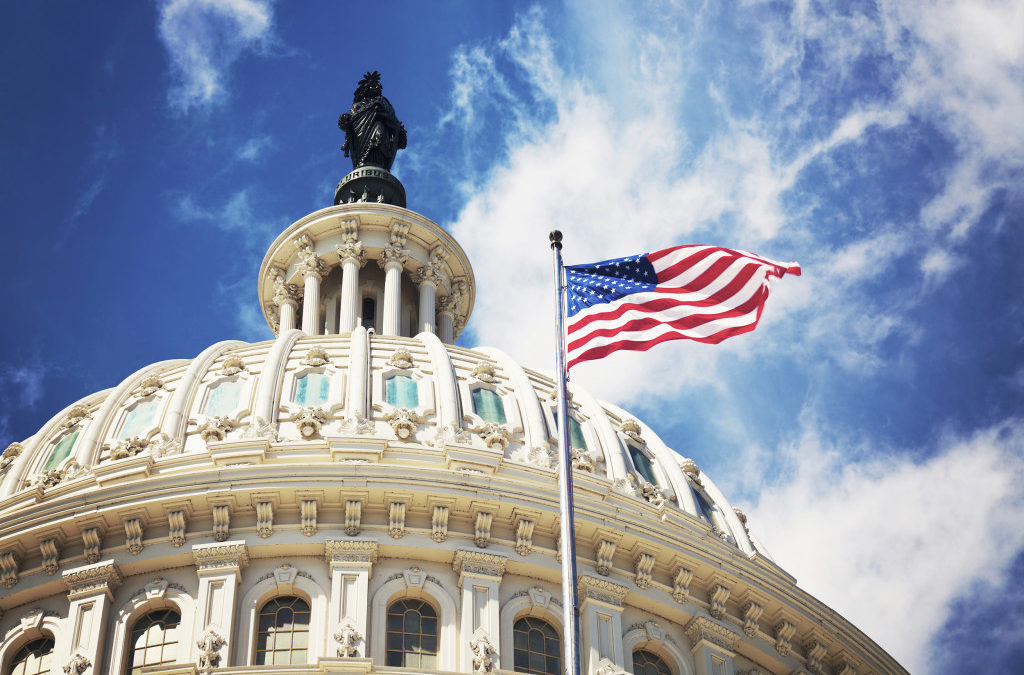The Senate’s Draft Encryption Bill Is ‘Ludicrous, Dangerous, Technically Illiterate’

AS APPLE BATTLED the FBI for the last two months over the agency’s demands that Apple help crack its own encryption, both the tech community and law enforcement hoped that Congress would weigh in with some sort of compromise solution. Now Congress has spoken on crypto, and privacy advocates say its “solution” is the most extreme stance on encryption yet.
On Thursday evening, the draft text of a bill called the “Compliance with Court Orders Act of 2016,” authored by offices of Senators Diane Feinstein and Richard Burr, was published online by the Hill.1 It’s a nine-page piece of legislation that would require people to comply with any authorized court order for data—and if that data is “unintelligible,” the legislation would demand that it be rendered “intelligible.” In other words, the bill would make illegal the sort of user-controlled encryption that’s in every modern iPhone, in all billion devices that run Whatsapp’s messaging service, and in dozens of other tech products. “This basically outlaws end-to-end encryption,” says Joseph Lorenzo Hall, chief technologist at the Center for Democracy and Technology. “It’s effectively the most anti-crypto bill of all anti-crypto bills.”


